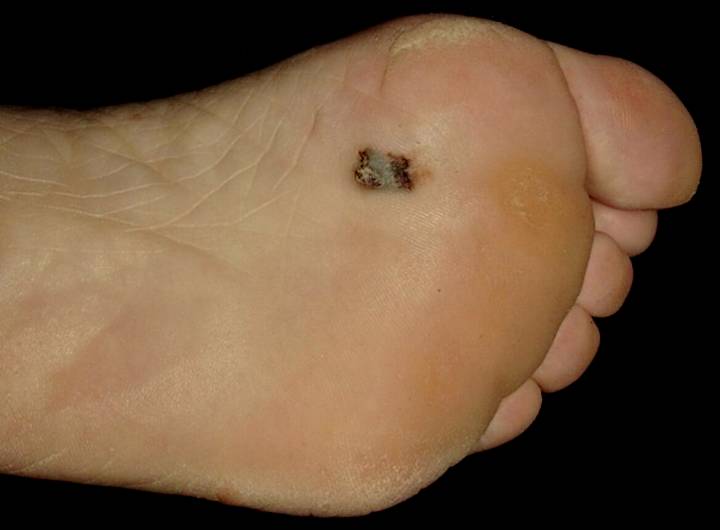Protecting yourself from the sun matters to us all, as does the vital step of detecting skin cancer at an early stage.
A belief that darker skin brings immunity from skin cancer is misplaced. People of all skin colours can get skin cancer, even if you never sunburn. Neither are any of us immune to the spread of serious skin cancers through our bodies.
The increased epidermal melanin in darker skin does help to filter UV radiation, which is great news. Skin cancers are reduced by a notable margin but with a disease that has become so prevalent, the numbers still represent risk.
As the video suggested, checking your own skin regularly is time well spent and should be backed up by a visit to a dermatologist at least annually. Screening by a specialist can find issues which may otherwise be missed.
Screening Techniques
You might hear a number of terms in relation to skin cancer screening, which overlap to a degree, although different programs will suit individual cases.
Mole mapping is a regularly used term, or straightforward descriptions such as annual skin checks. Medical terminology on the topic includes total body dermoscopy/imaging, or sequential digital dermoscopy.
The latter points towards a common factor in screening and the advantages brought by digital imaging, plus specialist software. Your body can be mapped over time, the smallest change identified for closer inspection.
Using the latest technology at our clinic is valuable, always supported by the input of an experienced consultant. The way skin cancer manifests on darker skin brings a need for specific knowledge.
Differing Conditions
As with skin of any colour, basal cell carcinoma is the most common on brown skin, with squamous cell carcinoma next in line. They can however vary in appearance from the same condition on pale skin.
The likelihood of pigmentation is higher, where the lesions themselves can appear brown, or darker. This can bring incorrect diagnosis, confusion with non cancerous conditions such as seborrheic keratoses, or with a more serious melanoma.
There are also skin cancers which are more common in black skin, such as acral lentiginous melanoma, which often occurs on the palms, soles, or under nails:

Acral melanoma are not primarily caused by sun exposure and if allowed to develop to a later stage can be hard to treat. They do respond to modern therapies but not as well as melanoma caused by the sun.
Dark skin can also see lesions with links to previous scarring, burns, or ulcers. The scalp is a vulnerable area, although difficult to check, a further reason to ensure that a professional eye inspects your skin regularly.
Personal Support
The principal behind screening is consistent, finding skin cancer early reduces treatment and significantly increases cure rates. There is still a need to ensure that a screening program is individually tailored.
Your medical history can have an influence, any related conditions within your family, levels of sun exposure, or other risk factors. Skin cancer screening at our London clinic is there to meet individual needs.
Neither will you find screening to be unpleasant, or time consuming, just reassuring. If there is are no issues, good health is a welcome message, should there be a problem, better for this to be found.
Our team and our patients place a high value on screening, the leading weapon we have against skin cancer becoming a serious threat.
